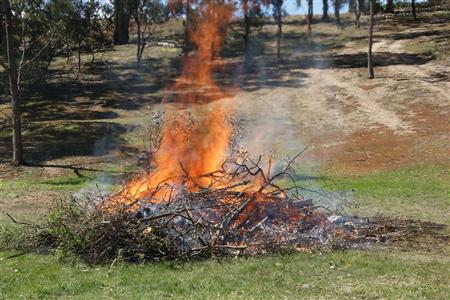In rural and Indigenous communities with limited access to weather data, generations of farmers, fishers, herders, hunters and orchardists have relied on indicators such as the first snowfall, emergence of a certain plant or arrival of a bird species to guide when to plant, harvest or perform other tasks. But because of climate change, many of these ecological patterns have shifted.
A new collaboration shows that navigating climate change requires radically re-envisioning the ways in which we create knowledge. , the International Professor of Environmental and Indigenous Studies in the College of Agriculture and Life Sciences, is leading a project that brings together Indigenous and rural communities and scholars from across the globe to develop ecological calendars that integrate local cultural systems with seasonal indicators.
Ecological calendar validation process in Roshorv, Tajikistan. Photo credit: Daler Kaziev, 2018.
“,” to be published in October in Human Ecology, was authored by Kassam, several of his students, and colleagues from the U.S. and four other countries. Kassam and his colleagues are also hosting a , Oct. 11-13, that will gather more than 50 scholars and community members from Indigenous and rural societies from the Pamir Mountains regions of Afghanistan, Tajikistan, Kyrgyzstan and Xinjiang; the Standing Rock Sioux Nation; and from the Oneida Lake region in New York state.
The conference, will include presentations by researchers and community members, as well as art installations and interpretive displays at the Cornell Botanic Gardens and the Johnson Museum of Art, which are meant to share the impact and essence of the research. In addition, artist Tekaronhiáhkhwa Santee Smith will give a multimedia dance performance at the Schwartz Center for the Performing Arts.
“To understand the actual impacts and to develop an adaptation strategy, it is fundamental that we are grounded, anchored, moored to the local ecology and culture,” said Kassam, who holds joint appointments in the Department of Natural Resources and the Environment and in the American Indian and Indigenous Studies Program. “It is not enough that we talk among ecologists, glaciologists and ethnographers; we also need to talk to the hunter, the farmer, the herder – those are the people who have local, specific insight. And together, collaboratively, we create this knowledge.”
Because of generations of colonization, much of this critical local knowledge has been drastically impacted, said Kassam, who also is a Global Public Voices fellow at the Mario Einaudi Center for International Studies. Indigenous communities in North America and Central Asia suffered from government policies that sought to erase their cultures, separated children from families through residential schools and prevented use of Indigenous languages.
Creating community-specific ecological calendars is a lengthy process that involves building trusting and co-equal relationships, listening to one another, and valuing many kinds of knowledge systems. The calendars are intended to revitalize connections between peoples and environments, and to aid in development of anticipatory and adaptive capacity at the local level in the face of climate change – a critical need because 70% to 80% of the world’s food supply is produced by smallholder farmers.
“We are seeking to develop a meticulous and grounded methodology of hope,” Kassam said.
Krisy Gashler is a writer for the College of Agriculture and Life Sciences.








